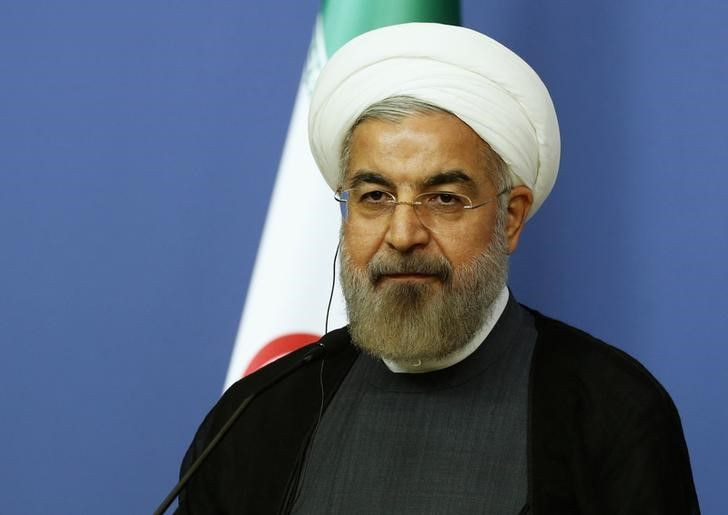Iran President Hassan Rouhani Preaches Tolerance Of The Internet And Technology

Iranian President Hassan Rouhani appealed to the Islamic Republic’s clerics to be more tolerant of the Internet and new technologies in a speech on state television Monday. “In today’s world, one who does not know the Internet and does not apply it is not called an expert, even a student. … We cannot close the gates of the world to our younger generation,” the president said.
“If we do not move toward the new generation of mobile today,” BBC News quoted Rouhani as saying, “we will have to do it tomorrow. If not, the day after tomorrow.” The Iranian government awarded third generation cellular-phone network licenses to three mobile broadband companies in recent weeks, but experts have reported the proportion of Iranians using such service is still low, the news agency said.
A comparative moderate in the context of Iran’s politics, Rouhani was elected to the presidency last year. Since then, he has expressed support for the expansion of media and Internet freedoms, but has encountered resistance from hard-liners who oppose the likes of 3G technology, saying it paves the way for immoral images, the Associated Press reported.
One example of this resistance came last week, when an Iranian cleric, Grand Ayatollah Makarem Shirazi, said the mobile Internet was “immoral and unlawful,” BBC reported. Along a similar line, Iranian authorities banned social-media services such as those offered by Facebook Inc. (NASDAQ:FB), Twitter Inc. (NYSE:TWTR) and the YouTube unit of Google Inc. (NASDAQ:GOOGL) after political opponents employed them during post-election protests in 2009.
Rouhani’s comments will resonate in Iran, BBC Middle East analyst Sebastian Usher said, but it is unclear whether they will carry any real weight in the theocracy.
© Copyright IBTimes 2025. All rights reserved.






















